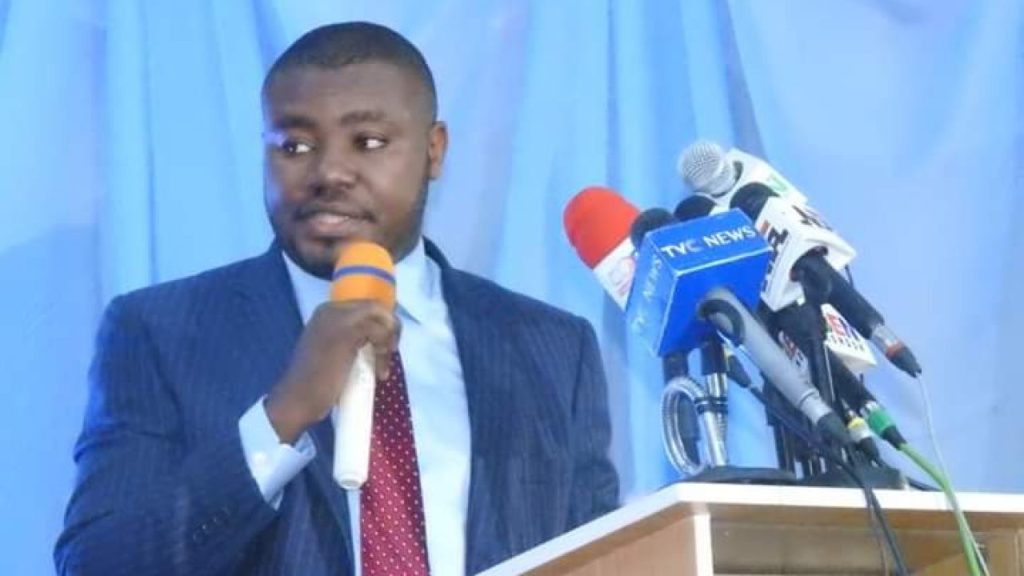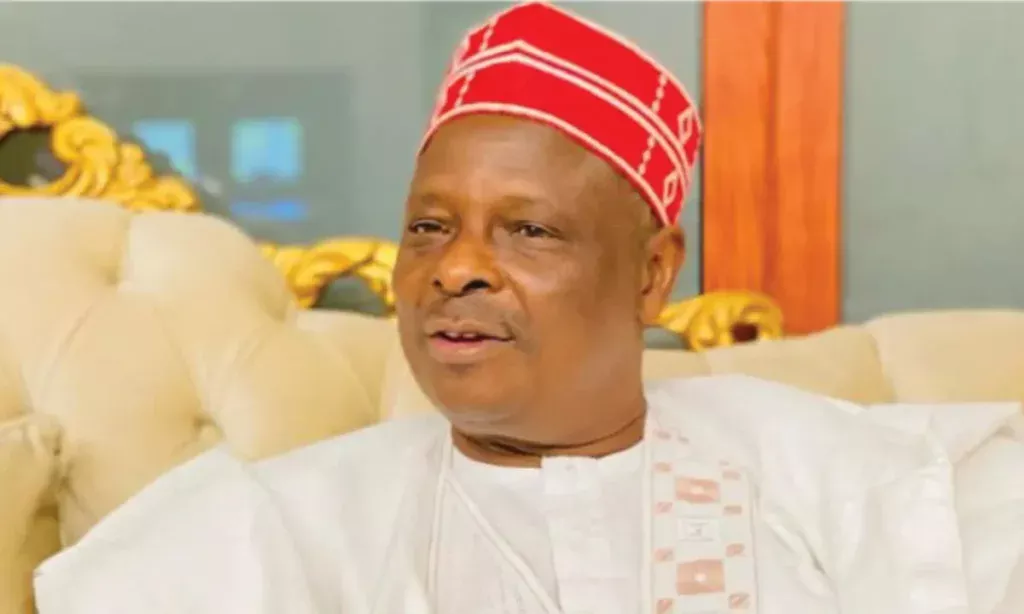Tunisia’s Presidential Election: Only Two Candidates to Face Incumbent Kais Saied
In a move that has raised concerns about democratic erosion in Tunisia, the country’s electoral authority has confirmed that only two candidates will compete against President Kais Saied in next month’s presidential election. The two candidates, businessman Ayachi Zammel and former left-wing pan-Arabist parliament member Zouhair Maghzaoui, will face off against Saied, who has taken drastic measures to consolidate his power in the country.
Zammel, who leads a small pro-business party, was arrested shortly after the announcement and is being investigated for allegedly falsifying signatures of registered voters. The treasurer of Zammel’s former political party was arrested by authorities last month on similar allegations.
The electoral authority’s decision stands in stark contrast to a ruling made last week by Tunisia’s highest administrative court, which had allowed three candidates to run. However, the electoral commission turned down their reinstatement, citing a lack of endorsements and a necessary financial deposit of 10,000 dinars (3,000 euros).
Critics have accused the commission of making a politically charged decision, and protesters from NGOs and opposition parties gathered outside the electoral commission to voice their dissent over the exclusion of three candidates. The list of approved candidates did not feature Saied’s most notable opponents, including Abir Moussi, the imprisoned leader of the Free Destourian Party, and Abdellatif Mekki, a former member of the Islamist party Ennahda.
Saied has significantly altered Tunisia’s political landscape in recent months, dismissing most of his cabinet and imposing a series of arrests and gag orders targeting key opposition figures. Despite these measures, a considerable number of Tunisians remain in his corner, attracted to his populist rhetoric against corrupt elites and foreign influence in domestic affairs.
The election is set to take place on October 6, with the campaign season scheduled to begin on September 14. The outcome is likely to have significant implications for Tunisia’s political landscape and its reputation as a beacon of democratic change in the Arab world.



